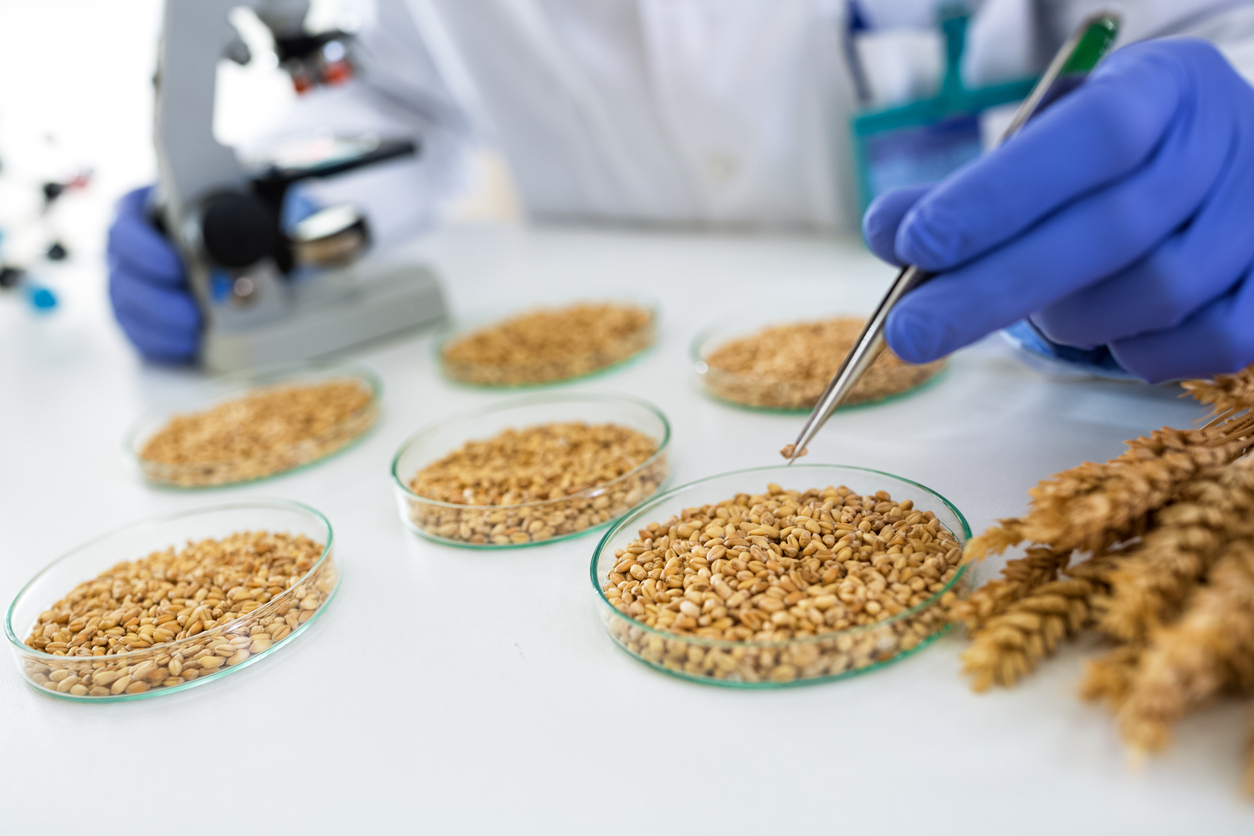
Chinese Team Finds New Ways to Enhance Wheat Yield
August 3, 2022| |
Scientists from the Chinese Academy of Sciences and Peking University reported that gene editing of an APETALA2/ethylene responsive factor (AP2/ERF) transcription factor, DUO1, could lead to better wheat grain yield. Their findings are featured in Nature Plants.
Wheat is one of the most important food crops worldwide. To help improve food production, it is vital to pinpoint new locations in the wheat genome that can help improve its yield. Thus, the researchers analyzed the key genes involved in spikelet number.
They investigated Brachypodium distachyon spikelet mutant bdduo1, which has an increased number of spikelets per spike. They further clarified the role of BdDUO1 in the regulation of spike shape in Brachypodium distachyon through a series of tests. Then, using CRISPR-Cas9, they edited the gene and came up with wheat plants exhibiting multiple spikelets in the lower middle part of the spikes. Furthermore, live imaging showed that there were more and larger cells in the basal spikelet primordia of the gene-edited wheat compared to the wild type which may imply that the gene is involved in regulating cell division. Field tests showed that the gene-edited wheat plants developed more grains per spike than the wild type, indicating an increase in yield per unit area.
Read more from CAS and Nature Plants.
| |
You might also like:
- HB4® Wheat Gets Approval in Australia and New Zealand
- Brazil Approves Drought Tolerant HB4® Wheat
- Pocket K No. 38: Biotech Wheat
Biotech Updates is a weekly newsletter of ISAAA, a not-for-profit organization. It is distributed for free to over 22,000 subscribers worldwide to inform them about the key developments in biosciences, especially in biotechnology. Your support will help us in our mission to feed the world with knowledge. You can help by donating as little as $10.
-
See more articles:
-
News from Around the World
- AI Tool Predicts Shape of ~200 Million Proteins
- Socio-economic Impact Assessment Complements Risk Assessment of Gene Drive Organisms, According to Experts
- Ghana Approves Bt Cowpea for Environmental and Market Release
- Texas A&M AgriLife Uses Corn Breeding and Entomology to Address Crop's Major Challenges
- Mechanism for Fruit and Seed Development in Flowering Plants Now Identified
- Researchers Identify Three Genes Involved in Melon Ripening
- Long-term Study Shows Agri-environment Schemes Boost Wildlife Populations
-
Research Highlights
- Plants Reveal Metabolism and Circadian Functions With the Help of Drugs
- Gene Recombination Region Sizes Affect Crop Performance of Rye
-
Plant
- Workshop to Explore Policy Considerations for Gene Editing in Asia and Australia
- Chinese Team Finds New Ways to Enhance Wheat Yield
-
Health
- CRISPR Helped to Successfully Prevent and Treat COVID-19 Infections
-
Read the latest: - Biotech Updates (February 11, 2026)
- Gene Editing Supplement (January 28, 2026)
- Gene Drive Supplement (February 22, 2023)
-
Subscribe to BU: - Share
- Tweet

